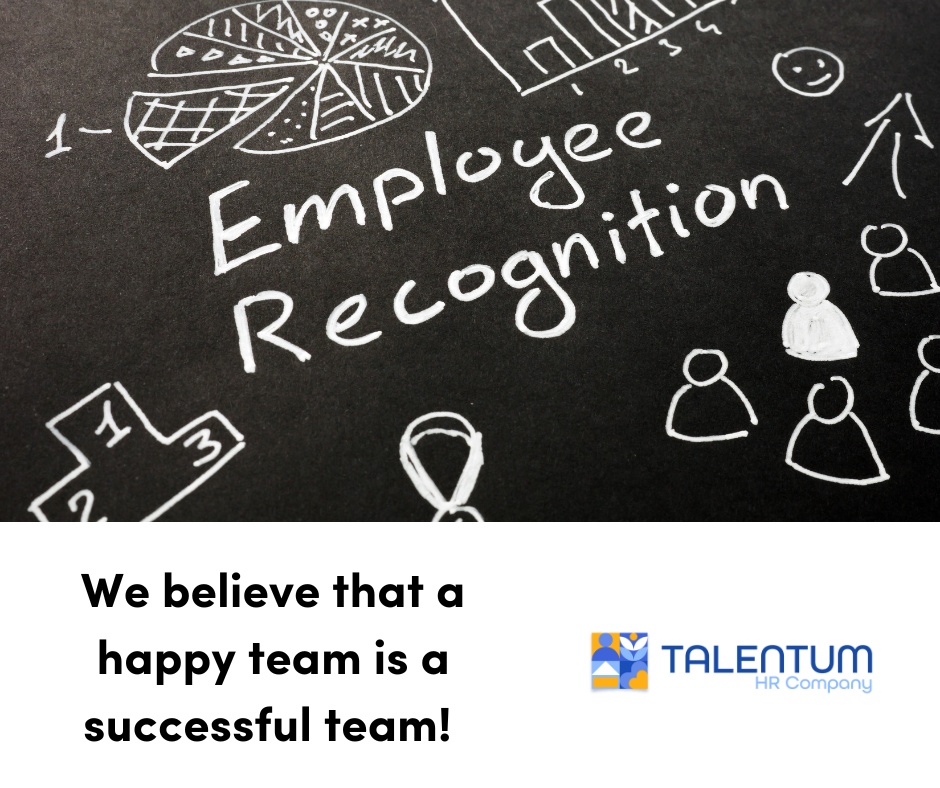Fostering Engagement and Motivation
In today’s competitive business landscape, effective employee recognition and rewards programs play a crucial role in attracting and retaining top talent. While monetary incentives are often viewed as the primary means of rewarding employees, non-monetary rewards can be equally impactful and foster a positive work environment. Today we would like to explore various non-monetary ways to reward employees, highlighting their significance in enhancing employee engagement, motivation, and overall job satisfaction.

Recognition and Appreciation
One of the most powerful non-monetary rewards is sincere recognition and appreciation for an employee’s efforts. A simple thank-you note, public acknowledgment during team meetings, or a personal expression of gratitude from a supervisor can go a long way in boosting morale and reinforcing positive behaviors. Recognizing employees’ achievements not only affirms their contributions but also creates a sense of belonging and value within the organization.
Professional Development Opportunities
Investing in employees’ professional growth is a valuable non-monetary reward that benefits both individuals and the organization. Offering opportunities for training, skill development workshops, or attending industry conferences not only enhances employees’ knowledge and expertise but also demonstrates a commitment to their long-term career advancement. Providing these growth avenues helps employees feel valued and motivated, leading to increased job satisfaction and loyalty.
Flexible Work Arrangements
Flexibility in work arrangements, such as remote work options, flexible schedules, or compressed workweeks, is an increasingly sought-after reward. Empowering employees with the freedom to manage their work-life balance not only improves their overall well-being but also enhances productivity and job satisfaction. Flexible work arrangements demonstrate trust and respect for employees’ personal needs and responsibilities, resulting in increased loyalty and engagement.
Challenging Assignments and Autonomy
Assigning employees challenging projects that align with their interests and expertise can be an invigorating non-monetary reward. Providing opportunities for employees to stretch their skills, take on leadership roles, or explore innovative solutions instills a sense of purpose and self-fulfillment. Granting autonomy in decision-making and empowering employees to have ownership over their work fosters a sense of trust and responsibility, leading to increased motivation and job satisfaction.
Work-Life Balance Initiatives
Promoting a healthy work-life balance through initiatives such as wellness programs, employee assistance programs, or flexible time off policies can significantly impact employee well-being and satisfaction. Encouraging employees to take breaks, offering mental health resources, or promoting physical activities within the workplace demonstrates a genuine concern for their holistic development. Employees who feel supported in maintaining a healthy work-life balance are likely to exhibit higher levels of engagement and productivity.
Social Recognition and Team-Building Activities
Creating opportunities for social recognition and team-building activities can strengthen interpersonal relationships and foster a positive work culture. Organizing events like team outings, volunteer activities, or recognition ceremonies promotes collaboration, enhances communication, and builds camaraderie among employees. Non-monetary rewards centered around social interaction encourage a sense of belonging and instill a shared purpose, resulting in improved job satisfaction and employee retention.
While monetary rewards undoubtedly hold significance in motivating employees, non-monetary rewards are equally vital in fostering engagement and job satisfaction. Recognizing and appreciating employees’ contributions, providing professional development opportunities, offering flexibility, assigning challenging projects, promoting work-life balance, and fostering social connections are other impactful ways to reward employees. By implementing a thoughtful blend of monetary and non-monetary rewards, organizations can create a positive and motivating work environment that attracts, retains, and nurtures their most valuable asset: their employees.
In Talentum HR, we specialize in Recruitment and Business Consultancy with more than 25 years of experience in the industry. Do you need help creating a prosperous plan for your team? Call us! We will be happy to help you achieve your goals.

